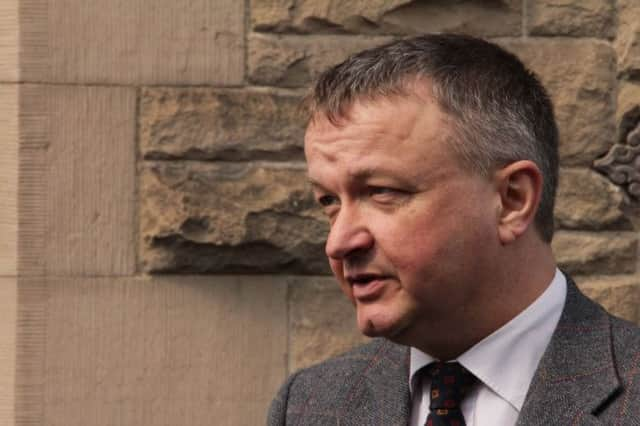Thousands waiting over 20 minutes for an ambulance


The Scottish Government’s response-time target for a potentially life-threatening, “category-A”, incident is eight minutes for 75 per cent of cases.
However, on 2,692 occasions in 2013-14, ambulances took 20 minutes or more to get to the scene to help victims whose lives were thought to be at risk.
Advertisement
Hide AdAdvertisement
Hide AdThe proportion of category-A calls answered by the Scottish Ambulance Service within eight minutes on mainland Scotland in 2012-13 was 74.7 per cent, compared with 73 per cent the previous year.
Responses that took more than 20 minutes equate to just under 2 per cent of the number received by the service that year, which totalled 142,340.
The worst-hit area was the north of Scotland, where there were 1,031 category-A calls taking 20 minutes or more.
Other areas where at-risk patients were forced to wait lengthy periods for help included south-west Scotland, where 555 emergency call-outs took at least 20 minutes.
In east central Scotland, 493 cases classed as category A took 20 minutes.
In Glasgow and Peterhead, the figure was less than 50.
Edinburgh, Hawick, Banff and Dundee all had 30 or more victims of category-A incidents waiting more than 20 minutes for help, according to health authority figures obtained by the Scottish Liberal Democrats.
Ministers last night faced calls from MSPs and patient groups to improve response times to emergency call-outs.
Scottish Lib Dem MSP Jim Hume called on ministers to “get a grip” of the service and provide ambulance staff with more support to improve response times.
Advertisement
Hide AdAdvertisement
Hide AdHe said: “For people suffering from cardiac problems and other serious health conditions, every minute without treatment in an emergency can reduce the likelihood of survival. It is that simple.”
Dr Jean Turner, executive director of Scotland Patients Association, said: “It’s impossible for all ambulance calls to get there in eight minutes, particularly in some rural and remote places. But, equally, it’s distressing that there is such a high level of calls that take so much longer than eight minutes.”
A Scottish Ambulance Service spokesman defended response times, saying: “The target is to respond to three-quarters of potentially life-threatening calls within eight minutes and the average response time in Scotland for such calls is 6.5 minutes.
“Response times can be affected by a number of factors, including demand patterns and weather conditions, but ambulance staff are committed to delivering the highest standards of patient care.”